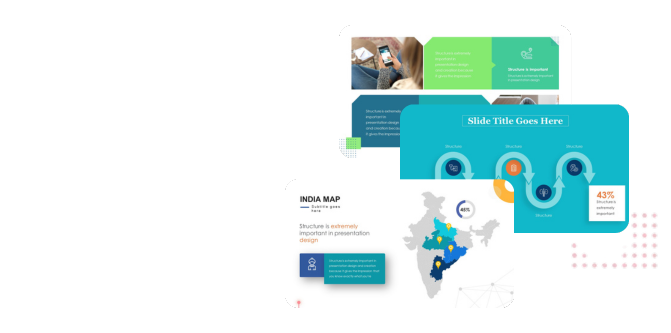India has been a hotbed for global business conglomerates, for close to a decade now. International MNCs have been very liberal in their ‘India Investments’. Although the Indian e-commerce industry is healthy and thriving, startups face many challenges, even while opportunities are abundant.
Let’s explore the opportunities first;
- Globalisation is defined as the integration of world economies, and it is within this integrated space that startups can gain momentum. It is doubly beneficial for e-commerce startups because it encourages innovations and inventions in the technology sector.
- The Indian government initiated their flagship program, ‘The Startup India’ in 2015, intended to reduce bureaucratic burden, of rules and regulations, on startups. They have also set aside 10,000 crores to fund startups in their endeavors.
- There has also been an influx of Angel Investment and Venture Capitalist firms in India, with the single goal of providing financial and operational help to startups. India has around 400-500 angel investment organizations and individuals, who are believed to be investing in, approximately, 200 startups, annually.
- E-commerce startups can also benefit from healthy competition. A competitive business environment encourages creativity, not to mention enhanced knowledge, skill-set and drive. There is a whole fraction of investors, willing to offer monetary and functional support to startups, who want to proliferate in an environment of competition.
- High-Tech hubs like Bangalore and Hyderabad, support large-scale e-commerce infrastructure and are synonymous with cutting-edge innovation. The two smart cities have been a hotspot for investors and job seekers, alike.
There are many challenges associated with startups as well, for instance
Population
A population has always been one of the major problems in India. Only about 32.8 % of the population lives in urban setups, which means there is a shortage of people, with the requisite education and skill-set, to either run or work in startups in India.
Poverty
Another significant problem in India is poverty. Close to 13%, of the total population, lives below the poverty line, with little to no access to quality education, training and coaching. Building a startup requires technical education, both administrative and managerial.
Corruption
India ranked 79th, out of 176 countries, in the Corruption Perception Index, conducted in 2016 by Transparency International. Corruption has a negative impact on the economy and has an adverse effect on a country’s ability for growth and development. It has been reported, that startups in India, have had to ‘grease the wheels’ in order to start business operations.
It is evident, that startups endure more opportunities than challenges. The current Startup landscape in India is blooming with great vigor. Empowered with enthusiastic investments by many, from both domestic and international corporations.
Although there is still much left to be desired, it won’t be a stretch to imagine the Indian startup ecosystem competing with similar set-ups, across the globe, in the near future. India is predicted to have more than 100,000 startups, in the next five years, which will aid in the creation of new jobs and an impressive revenue structure for the Indian economy.









